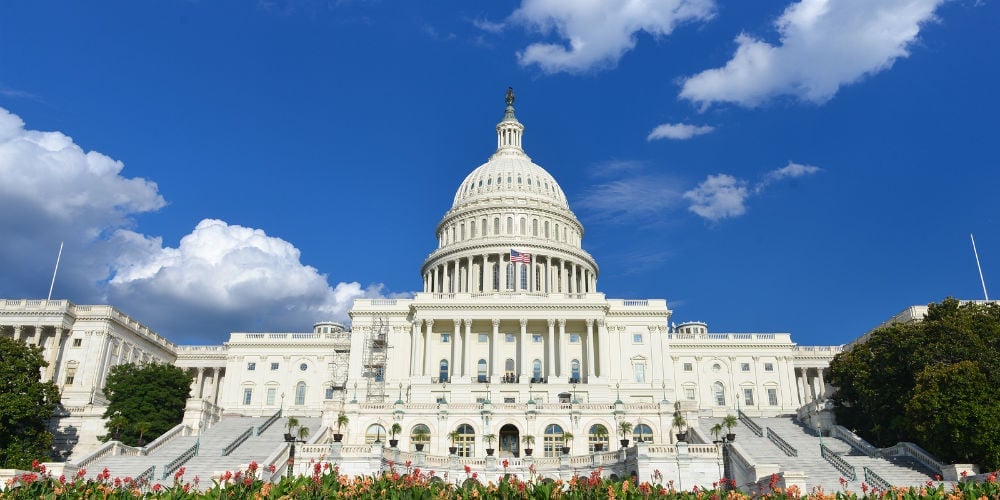If you haven't read Josh Mitchell’s article in the Wall Street Journal titled “Is the U.S. Student Loan Program Facing a $500 Billion Dollar Hole. One Banker Thinks So,” I would encourage you to do so. To summarize, Jeff Courtney, a former JP Morgan Chase Student Loan Executive, dug into the government’s student loan program and found what looked like masking delinquency and incredibly understated loan loss forecasting. The following passage really had me questioning the fairness between what the government does and what financial institutions are held accountable for:
“The federal budget assumes the government will recover 96 cents of every dollar borrowers default on. That sounded high to Mr. Courtney because in the private sector 20 cents would be more appropriate for defaulted consumer loans that aren’t backed by an asset.
He asked Education Department budget officials how they calculated that number. They told him that when borrowers default, the government often puts them into new loans. These pay off the old loans, and this is considered a recovery, even though in many cases the borrowers haven’t repaid anything and default on the new loans as well.”
If we were to do this in our credit unions, examiners would have told us we were masking delinquency, so why is it okay for the United States Government to do this? During the last year and a half, lenders have quickly activated to provide deferrals on consumer loans, mortgage loans, and business loans. We quickly pivoted to provide paycheck protection program loans. We provided emergency loans, waived fees, and automatically increased our members’ credit card lines to ensure they had cash available.
We did this not because we were told to, but because it was the right thing to do. We helped to ensure the average consumer stayed afloat. And finally after a year and a half after we took these actions to ensure our consumers were financially healthy, the government passed guidance that we could finally capitalize the interest on the mortgages we deferred. While super late to the table, this simple gesture means a lot to financial institutions who are overregulated by a government that seems to be saying “Do as I say, not as I do”.
In fact, credit unions who were once at healthy capital levels and now find themselves dropping below 7% because of the massive amounts of stimulus deposits, are now being criticized for low capital levels by the very same government that caused it. This is a huge reminder that there are always unintended consequences with policy and regulatory reform. It’s so important for more conversations to take place between the private sector and the government so we can make sound decisions together.
As community financial institutions, we have the advantage of seeing what is happening on the frontlines. Many of us were able to identify and save the government from millions of dollars in fraudulent paycheck protection program (PPP) loans. We see how the stimulus is affecting small businesses and consumers alike. We see our small businesses struggling to hire and having to close because they don’t have enough staff. We see mis-directed stimulus in both the consumer and business sectors. We can help the government adjust policy and regulations to avoid unintended consequences, but only if they stop assuming we are all doing wrong and bring us to the table to help find appropriate solutions.







